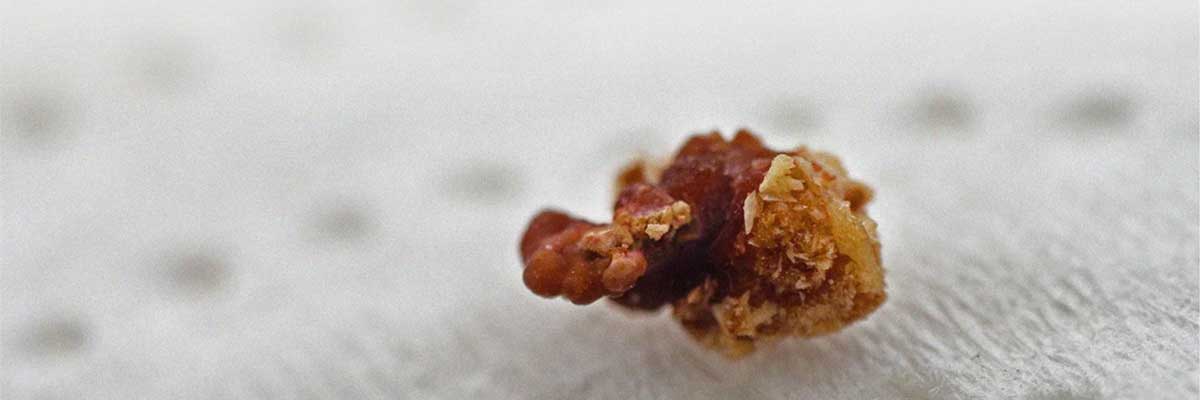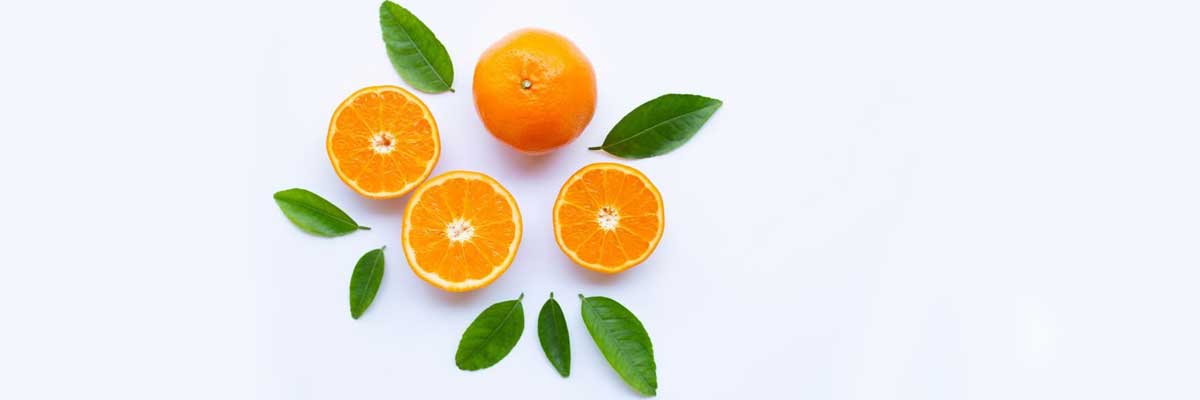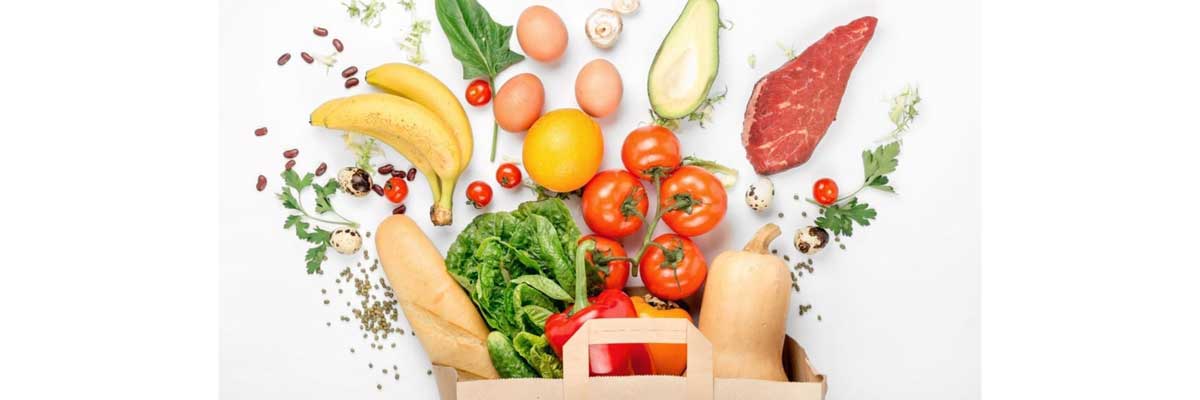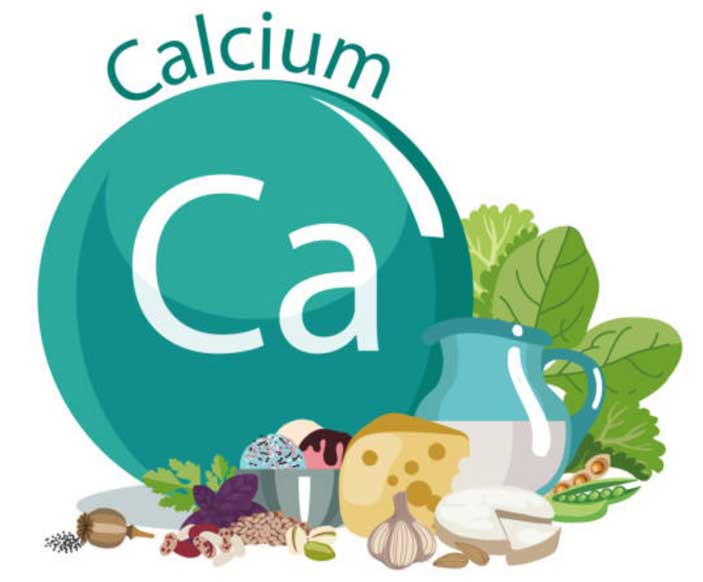If you have kidney stones, you will be advised to follow a specific diet. First, your urologist will do blood and urine tests to determine what risk factors you may have. Then you will be advised of the necessary dietary adjustments and medical therapy to avoid the recurrence of kidney stones.
A trained dietitian can assist you in making the appropriate dietary and lifestyle modifications.
Kidney stones: what are they?
A kidney stone is a conglomerate of urine crystals. There are certain stone-forming substances and certain stone-inhibiting substances in our bodies. Stone formers will help increase the stone and stone inhibitors in the body will try to prevent the stone formation.
Are all kidney stones the same?
No. Calcium stones are the most prevalent form of kidney stone, followed by uric acid stones. Diet adjustments and medical therapy are tailored to the kind of stone to prevent stones from coming back.
What is the most important thing in preventing the formation of kidney stones?
Drinking enough water every day is one of the most effective ways to avoid kidney stones. This can assist ensure that you urinate regularly to minimize calcium or uric acid buildup.
Don't undervalue your sweat! Saunas, hot yoga, and strenuous exercise may appear to be beneficial to your health, but they can also contribute to kidney stones. Sweating loss, whether caused by these activities or just the heat of summer, may result in reduced urine output. Sweating causes less urination, allowing stone-forming materials to settle and deposit in the kidneys and urinary system.
Drink plenty of water. Keep hydrated, especially while exercising or performing activities that create a lot of sweat. To produce a sufficient volume of urine, consume 8-12 cups of fluids each day.
What diet is suggested to avoid stone formation?
There is no particular diet that is effective for stone avoidance. Most food suggestions are based on stone type and tailored to each individual.

Calcium Oxalate Stones: These are the most prevalent stones.
Oxalate may be found in a variety of foods, including fruits and vegetables, nuts and seeds, cereals, legumes, and even chocolate and tea. Peanuts, rhubarb, spinach, beets, Swiss chard, chocolate, and sweet potatoes are examples of foods rich in oxalate. Limiting your consumption of such foods may be useful for persons who develop calcium oxalate stones, the most common kind of kidney stone.
Your diet has to contain a mix of both calcium and oxalate-rich food items. The oxalate and calcium from the diet complement each other and are more likely to bind to one another in the digestive tract before entering the kidneys. This reduces the likelihood of kidney stones forming.
Calcium is not that bad as it has got a reputation! This is most likely due to its name and the misunderstanding that calcium is the main cause of calcium-oxalate stones. A lowcalcium diet will increase your chances of developing kidney stones.
Don't cut back on calcium in your diet. You need to cut down your sodium intake and equal the calcium-rich meals with oxalate-rich food items in your diet. The recommended calcium intake to avoid calcium stones is 1000-1200 mg per day. This roughly amounts to three servings of dairy products with meals. An imbalance in calcium and oxalate consumption will make you prone to form stones. So complete avoidance of calcium or oxalate-containing food can be detrimental.

Extra salt causes your urine to lose more calcium. Because sodium and calcium share the same transport system in the kidney, eating high sodium diets increases calcium leakage in the urine. As a result, a high salt diet may raise your risk of acquiring another stone. Canned or commercially processed meals, as well as restaurant-prepared and quick foods, food items like papad, pickles, white or brown bread, ketchup, chutneys, dressings, all type of masala like chaat masala, pani puri masala, biryani masala, etc are all sources of "hidden" salt.
You may reduce your salt consumption by eating fresh, low-sodium meals, which can help reduce calcium leakage in the urine and aid with blood pressure control if you have high blood pressure.
Uric acid stones are another typical kind of stone.
Purines are a natural chemical component found in red meat, organ meats, and shellfish. High purine consumption results in the increased uric acid synthesis and a greater acid load for the kidneys to remove. Increased uric acid excretion from the kidneys will result in the production of more acidic urine. Urine's high acid content facilitates the formation of uric acid stones.
Reduce your intake of high-purine foods such as red meat, organ meats, beer/alcoholic drinks, meat-based gravies, sardines, anchovies, and shellfish to avoid uric acid stones. Maintain a balanced diet rich in vegetables and fruits, whole grains, and low-fat dairy products. Limit sugar-sweetened meals and beverages, particularly cold drinks, healthy drinks, low-cal or zerocal diet drinks, and fruit drinks. Uric acid levels are known to rise due to alcohol consumption and hence limit your alcohol intake. Consuming less animal protein and more fruits and vegetables can help reduce urine acidity, which may minimize the likelihood of uric acid stone development.

Is taking a vitamin or mineral supplement good or bad?
Thiamine, riboflavin, niacin, B6, and B12 are B vitamins that have not been proven to be hazardous to patients who have kidney stones. Some research suggests that B6 may benefit those who have high urine oxalate levels. However, it is recommended to consult before taking vitamin C, vitamin D, fish liver oils, or other calcium-containing mineral supplements, as such supplements might increase the likelihood of stone development in some individuals.
Kidney Stones Diet Recommendations in General:
- Drink plenty of fluids. For a normal healthy individual, we recommend 10-12 glasses of fluids per day to produce approximately 2-2.5 liters of urine per day
- Except for grapefruit juice and soda, you are allowed to drink fluids such as water, coffee, and lemonade.
Food rich in oxalate such as Spinach, numerous berries, chocolate, wheat bran, almonds, beets, tea, and rhubarb should all be avoided.
Calcium --Consume an adequate amount of calcium with meals.
Three servings of dairy each day can help reduce the likelihood of calcium stone development. Avoid taking additional calcium supplements.
Protein - Consume a reasonable quantity of protein.
High protein consumption causes the kidneys to excrete more calcium, which may result in more kidney stones forming. The daily recommended protein intake is 1 gm/kg body weight. So for a 70 kg adult, recommended protein intake is 70 gm/day. Avoid taking whey protein unless you are into weight training or doing strenuous activities. You are also advised to limit your intake of animal protein like red meat, seafood, and eggs. When consuming nuts, the recommended intake is not more than a fistful mix of nuts per day.
Salt intake -Limit your salt consumption.
High salt consumption raises calcium levels in the urine, increasing the likelihood of stone formation. A low-salt diet is also beneficial for blood pressure regulation. Avoid added sugar, and products containing high fructose drinks.

Vitamin C - Eat citrus fruits, such as orange, pineapple, lemon, lime, tangerine, Clementina, & Kinnu.
Avoid taking large amounts of vitamin C pills. Recommended daily consumption of Vitamin C is 60mg. Excessive quantities of 1000mg/day or more may result in increased oxalate levels in the body.
For more information, Please contact.
Dr Shyam Varma is a Consultant Laparoscopic/ Robotic Urologist & Renal Transplant Surgeon. He has over 15 years of experience in successfully treating complex urological diseases. His expertise includes diagnosing & treating Kidney stones, prostate enlargement, prostate cancer, kidney cancer, bladder cancer & incontinence, male infertility & erectile dysfunction.

